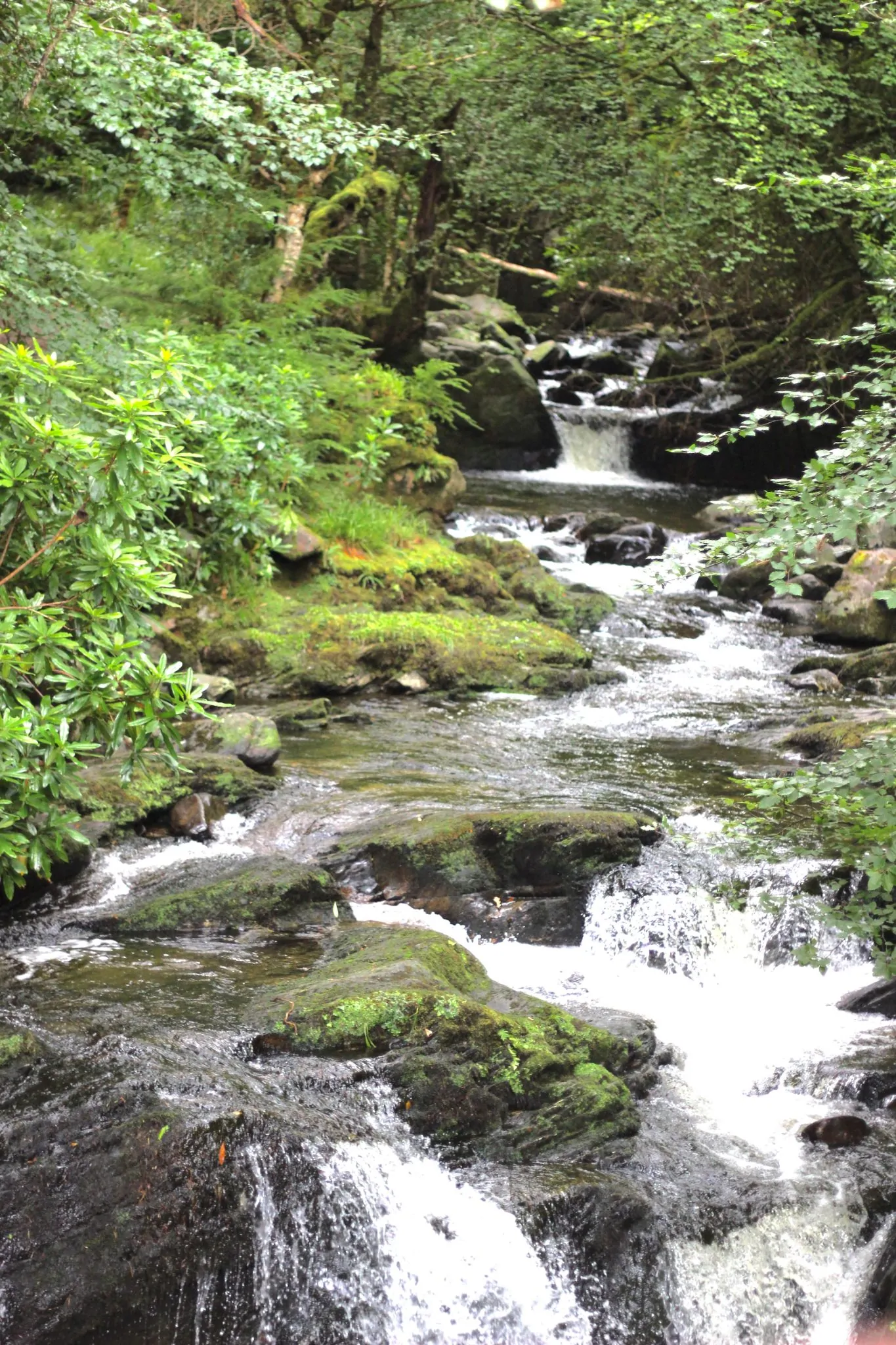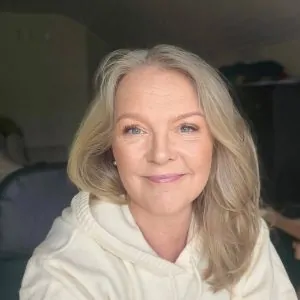Feeling a bit lost?

A client of mine had been doing a lot of work on himself, but now he felt like he was rebuilding his whole identity. He wasn’t interested in his old hobbies the way he used to be. He was questioning some of his friendships, and even his marriage felt different in some way. He was not sure what he wanted from his career in the future. He realised that even his values had started to shift. It wasn’t all “bad” feeling, but he was a bit lost and worried if he’d ever get his head together again.
Here is what I said. Maybe you’ll find it useful, too.
It means you’ve done good work with yourself! Deeper healing and meaningful growth processes naturally include a phase where the new and the changed need to be integrated—and that often stirs things up a bit. It’s like adding something to a storage room: it usually requires some rearranging, and even letting go of things that no longer fit. This is your next “challenge” on the journey, but it’s also a beautiful gift—you get to consciously define who you are and what kind of person you want to become. Earlier, your inner landscape may have resembled a vision board made up of pictures handed to you by others. Now, you’re creating one that is consciously, intentionally yours.
One fun way to think about any growth process is through the lens of the classic Hero’s Journey. (Google it—it’s worth it 🙂.) You’ve already passed through “the door of no return,” and now you’re approaching the next threshold. Well done! Integration is the task now.
Also—how old are you? It’s helpful to remember that we all move through certain psychosocial stages throughout life. Each stage has its own developmental tasks that shape future growth. I don’t think anyone gets through all stages “perfectly,” but the good news is that life gives us chances to revisit the stuck parts—through love relationships, parenting, therapy, skilled coaching, good online courses, books, and so on.
To give an example: during the teenage years, the task is to rebuild the identity formed in childhood, now influenced more by peers and the outside world. In early adulthood, the challenges include forming close, reciprocal relationships and learning how to be alone—how to be close, yet separate. In other words, rebuilding an adult identity shaped by both adolescence and childhood.
In your 30s, life is often focused on building a career and possibly a family. This brings with it another wave of personal, social, emotional, and intellectual growth—and with it, another opportunity to redefine the self, re-evaluate values and goals, and so on.
Then comes midlife. Often called a “crisis,” I prefer the original Chinese idea of the word crisis as both danger and opportunity. This is when we reflect on what we’ve done and who we’ve become in the first half of life—and ask how we want to live the second half. What do we want to keep? What needs to change? Some people make bold visible shifts—new careers, new relationships, new lifestyles. Others go through quieter, internal transformation. But nearly everyone goes through a period of mental fog, conflicting emotions, and inner re-evaluation before new clarity begins to form. And in doing so, they become more deeply themselves—again.
We often assume that anything confusing, unclear, or uncomfortable must be a sign of trauma, burnout, ADHD, or some other underlying problem. And yes, sometimes it is. But not always. That’s why it helps to understand what counts as normal growth, change, and social-emotional learning.
The first half of life is about finding your place in the world, adapting to external demands and expectations. The second half is about growing from the inside out.
Change is inevitable. Growth is optional. And you are clearly choosing growth.
If you ever feel stuck, don’t hesitate to reach out to a coach or therapist. (And you’re always welcome to message me or read more on my blog if you’d like.) But from what I can tell, you’re not stuck—you’re airborne. You’ve leapt from one side of the stream toward a new shore, and you’re currently mid-air. That’s not the same as being lost. That’s the leap of faith into something new.
And more than that: you’re gathering tools for your next round of the Hero’s Journey. This growing and becoming a wiser version of yourself continues right up until dementia or death, and according to some philosophies and religions, continues in the next life As the Dalai Lama once said in an interview: “I believe I have already lived 14 times. And maybe now I don’t have to come back.” 😄
We’d better learn to enjoy the journey!

